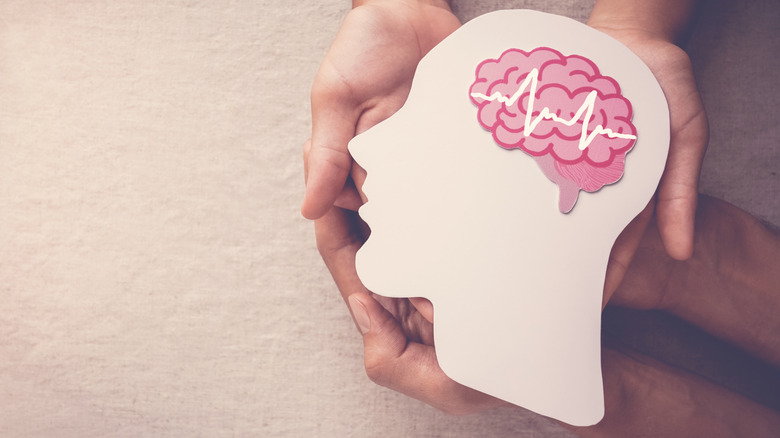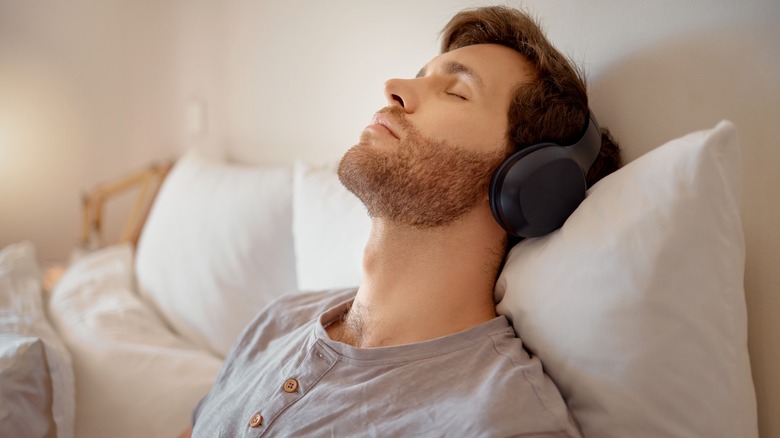In the United States today, nearly 20% of the population over 18 years of age suffer from anxiety, according to the Anxiety & Depression Association of America. This condition is broken up across several different specific disorders, including generalized anxiety disorder, panic disorder, obsessive-compulsive disorder, and stress-induced anxiety. In addition, people who suffer from anxiety can also experience depression.
People who experience anxiety have a few options that they can explore, the Mayo Clinic notes. Patients should discuss their symptoms with their healthcare provider so that they can determine whether or not their anxiety is stemming from a separate medical condition. This determination will help your doctor make the best call for treatment. Usually, treatment for anxiety can take the form of either psychotherapy, such as cognitive behavioral therapy, or medication. These medications can include antidepressants, anti-anxiety medications, or, in some cases, benzodiazepines or beta-blockers. However, there is another method that is gaining ground as a possible way of managing stress, binaural beats (via Healthline).
Binaural beats react to your brain waves

The science behind binaural beats is the distillation of two slightly different frequencies by the left and right ears into one tone by the brain, according to Healthline. These beats may have the ability to induce a calming, almost meditative state in patients who opt for this method. A 2024 study published in Scientific Reports showed that certain binaural beats were helpful in learning. In fact, another 2024 study published in The Journal of Nervous and Mental Disease showed a 26% decrease in total anxiety as a result of binaural beats. In addition, binaural beats reduced anxiety by half in patients who were about to go into surgery, explains a 2005 study published in Anesthesia.
However, binaural beats treatments can be different for each individual depending on their specific needs, reports Medical News Today. The treatment can be used to reduce stress, improve confidence, and increase focus. Binaural beats operate at different frequencies, according to the Sleep Foundation, with each frequency corresponding to different brain wave patterns. Each brain wave is associated with a different area of brain activity. For example, gamma patterns are associated with problem-solving and concentration, while beta patterns are associated with anxiety. Therefore, targeting a beat to a specific brain wave can help treat the particular condition associated with that wave.
What’s the best way to use binaural beats?

People who are going to try binaural beats therapy just need a pair of headphones, and a means to listen to music, according to Medical News Today. They should also make sure they never try this method while doing something that requires them to be alert, like driving. The experts at Healthline note that music beats can be found on sites like YouTube, or you can also find files that can be downloaded online.
The Sleep Foundation reports that, while side effects of binaural beats are few, some have noted feelings of frustration or being irritable. For patients who experience these feelings, the experts recommend finding beats that also feature white noise. In addition, the National Institute on Deafness and Other Communication Disorders says that exposure to sound that registers at 85 decibels or higher can, over time, lead to hearing loss. Therefore, when you’re listening to binaural beats, it’s advisable to keep the volume at a reasonable level.



